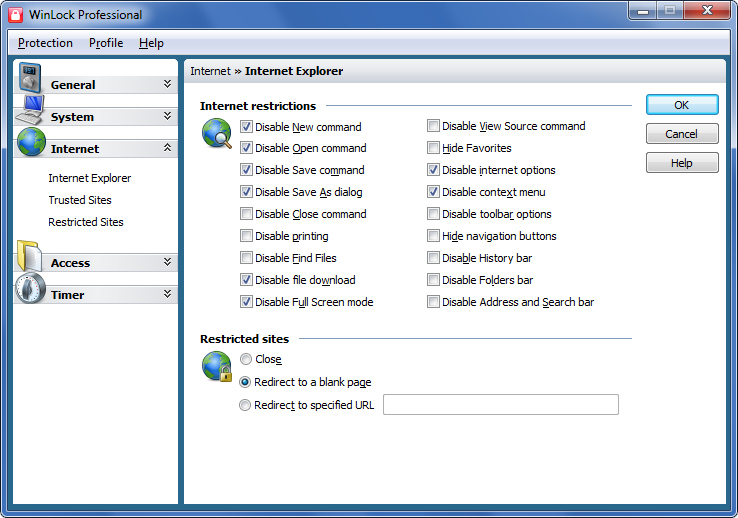MindGems Folder Size Professional 3.4.0.0 4 MbFolder Size PRO will analyze your hard drives and display the file sizes and folder sizes so that you can easily check the distribution of your disk space. The application will display the sizes of the folders and files and also the percentage of the total disk size that they occupy. The neat report can be sorted in order to identify the largest folders and the largest files. You can easily figure out which files or folders have filled up your drive space as Folder Size will also scan the sizes of all the subfolders.
The application can scan your entire hard drive in minutes due to its optimized scan algorithms and list details on the tree size and file sizes. The progressive scan will let you continue the scan from the point of interruption. Besides scanning an entire hard drive Folder Size can also scan a single folder in order to save time. This tool will help you to easily cleanup your disk by listing all the file sizes and folder sizes in a neat report.Home: http://www.mindgems.com/products/Folder-Size/Folder-Size.html.
Folder Size Analyzer

( written by Tim.Rice)Too many “of folders”?The following clause works on my Win7 machine (pathnames of it,((sum of sizes of descendants of it)/1000) as string & ' MB') of folders “Desktop” of folders of folder “c:users”replace “C:users” with “C:Documents and Setting”I suggest you NOT set this Analysis property to evaluate at “Every Report”. If there are either a lot of users on a system, or someone has a very large desktop folder, it will cause adverse client performance. I’d recommend, no more frequently than every 6 hours. ( written by Tim.Rice)I don’t know of anything that will let you sort the items.
Doesn’t mean it’s not possible, I just don’t know it.Another option might be to only return non-0 sized folders.((pathnames of it,((sum of sizes of descendants of it)/1000)) of folders “Desktop” of folders of folder “c:documents and settings”) whose (item 1 of it 0)I dropped the conversion to string to allow a simpler size check in the Whose clause. If you require the value be returned as a string with ' KB' appended, try ((pathnames of it,((sum of sizes of descendants of it)/1000) as string & ' KB') of folders “Desktop” of folders of folder “c:Users”) whose (substring before ' KB' of (item 1 of it) as Integer 0). ( written by jgstew)This is possible using single recursion:(pathname of it, sum of sizes of descendants of it) of folders “Desktop” whose(sum of sizes of descendants of it = maximum of (sum of sizes of descendants of it) of folders “Desktop” of folders of (folder “c:documents and settings” of it folder “users” of it) of drive of system folder) of folders of (folder “c:documents and settings” of it folder “users” of it) of drive of system folderI generalized this to work with both WindowsXP and WinVista+, tested only on Win8. I also used “drive of system folder” instead of hardcoding “C:”, which is probably unnecessary. ( written by jgstew)This will break the sorting in the console, but it will put the correct unit size at the end of the value.(pathname of it, (if (0. ( written by jdefilip)Jgstew, thank you for the reply.

This seems to work for Win7 systems in our environment, however XP machines are showing the result property as. Any idea what needs to be changed?(pathname of it, (if (0. ( written by jgstew)I just realized there was the “C:” in the XP version. ( written by jgstew)I’m not exactly sure what you mean with your 2 questions. ( written by jgstew)This will get you the size in MB:(it / (1024.1024)) of sum of sizes of descendants of folders “Desktop” whose(sum of sizes of descendants of it = maximum of (sum of sizes of descendants of it) of folders “Desktop” of folders whose(exists folder “Desktop” of it) of (folder “documents and settings” of it folder “users” of it) of drive of system folder) of folders whose(exists folder “Desktop” of it) of (folder “documents and settings” of it folder “users” of it) of drive of system folder.